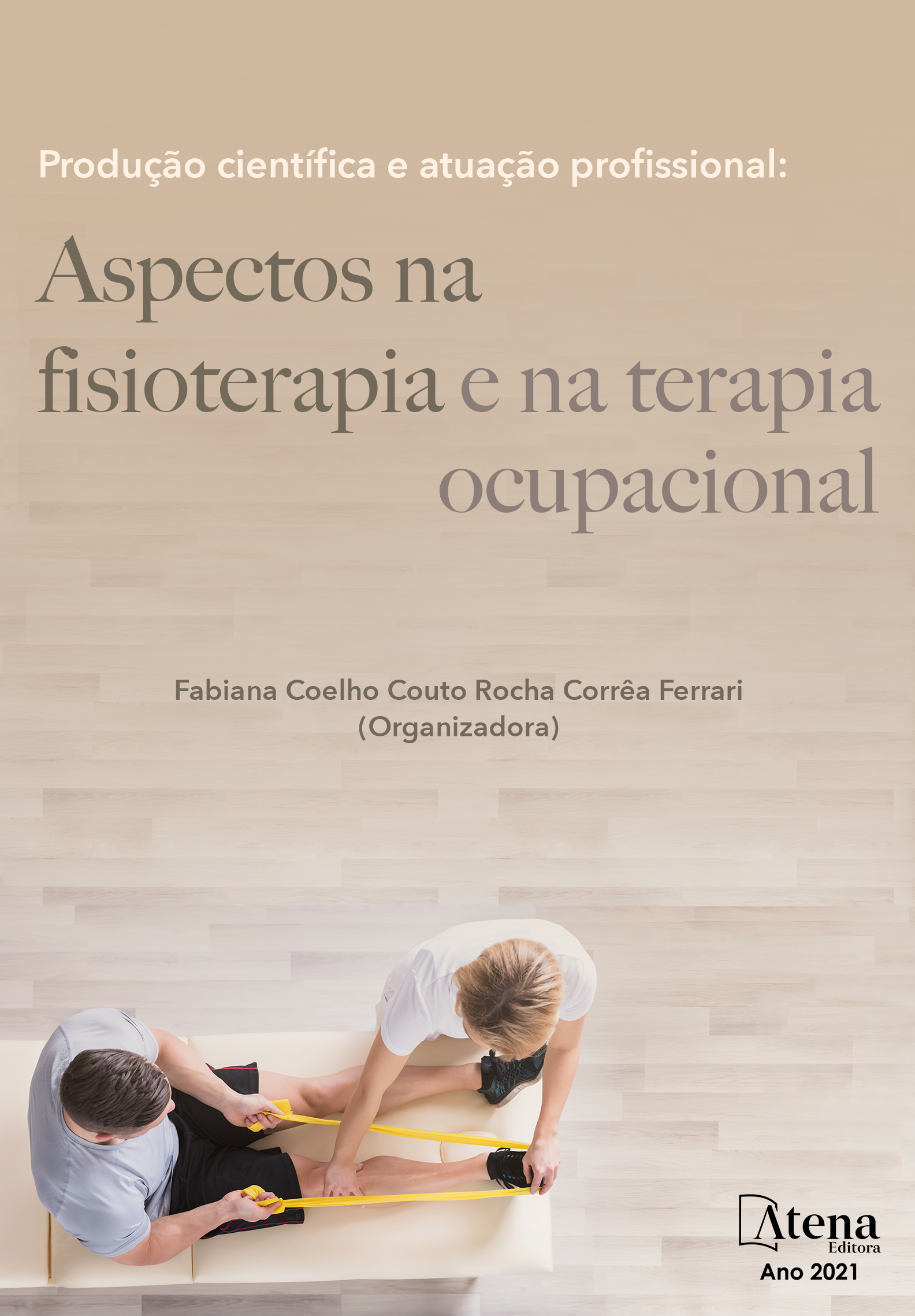
ANÁLISE DOS ASPECTOS COGNITIVOS DE IDOSOS PARTICIPANTES DE UM GRUPO DE CONVIVÊNCIA DE UM MUNICÍPIO DA REGIÃO CENTRAL DO RIO GRANDE DO SUL, RS, BRASIL
O envelhecimento da população mundial traz novos desafios para as diferentes áreas, em especial para a saúde fazendo emergir discussões sobre como promover o bem-estar no envelhecimento humano. O objetivo deste é analisar os aspectos cognitivos de idosos participantes de um grupo de convivência. Este estudo é de natureza descritiva, quanti-qualitativa; a amostra foi composta por idosos frequentadores do grupo de convivência do Serviço Social do Comércio (Sesc). Para a coleta de dados foi utilizado uma entrevista semiestruturada e o Addenbrooke’s Cognitive Examination – Revised (ACE-R). Participaram nove idosos, observa-se que a maioria são mulheres (66,6%), a média de idade foi de 71 anos, a maioria tem companheiro (55,6%), ensino fundamental completo (55,5%), dois filhos (44,4%) e mantem contato regular com estes (88,8%), a maioria tem renda acima de cinco salários mínimos (44,4%), o meio de locomoção mais referido foi a pé (77,7%). Em relação a condições cognitivas os idosos participantes apresentaram resultados satisfatórios no ACE-R. Os idosos participantes relacionaram a cognição a memória, ao conhecimento, as experiências vividas, a organização da rotina, aos sentimentos e a interação social. Consideram a sua memória relativamente boa e atribuem este resultado a sua participação em um grupo de convivência. Referem que este espaço é motivador, que contribui para a socialização, auto estima, diversão e para conhecer pessoas e lugares novos. Sendo assim, percebe-se que os idosos participantes apresentaram desempenhos significativos em relação à cognição, indicando que a participação em grupos de convivência pode melhorar o desempenho cognitivo dos idosos.
ANÁLISE DOS ASPECTOS COGNITIVOS DE IDOSOS PARTICIPANTES DE UM GRUPO DE CONVIVÊNCIA DE UM MUNICÍPIO DA REGIÃO CENTRAL DO RIO GRANDE DO SUL, RS, BRASIL
-
DOI: 10.22533/at.ed.76121280910
-
Palavras-chave: Cognição. Idosos. Grupos de convivência
-
Keywords: Cognition. Elderly. Coexistence groups
-
Abstract:
The world's ageing population brings new challenges for different areas, in particular for health, bringing out discussions on how to promote well-being in human ageing. The objective of this is to analyze the cognitive aspects of elderly participants in a coexistence group. This study is of descriptive, quanti-qualitative nature; the sample was composed by elderly participants of the coexistence group of the Commerce Social Service (Sesc). For the collection of data it was used a semi-structured interview and the Addenbrooke's Cognitive Examination – Revised (ACE-R). Nine elderly people participated, it is observed that the majority are women (66.6%), the average age was 71 years, the majority has a partner (55.6%), complete primary education (55.5%), two children (44.4%) and maintains regular contact with them (88.8%), the majority has income above five minimum wages (44.4%), the most referred means of locomotion was on foot (77.7%). Regarding cognitive conditions, the elderly participants presented satisfactory results in the ACE-R. The elderly participants related cognition to memory, knowledge, lived experiences, routine organization, feelings and social interaction. They consider their memory relatively good and attribute this result to their participation in a coexistence group. They say that this space is motivating, that it contributes to socialization, self esteem, fun and to meet new people and places. Thus, it is perceived that the elderly participants presented significant performances in relation to cognition, indicating that the participation in coexistence groups can improve the cognitive performance of the elderly.
-
Número de páginas: 22
- Eduardo Jardim Fagundes Villas Bôas
- Miriam Cabrera Corvelo Delboni
- Kayla Araújo Ximenes Aguiar Palma
- ALINE SARTURI PONTE


